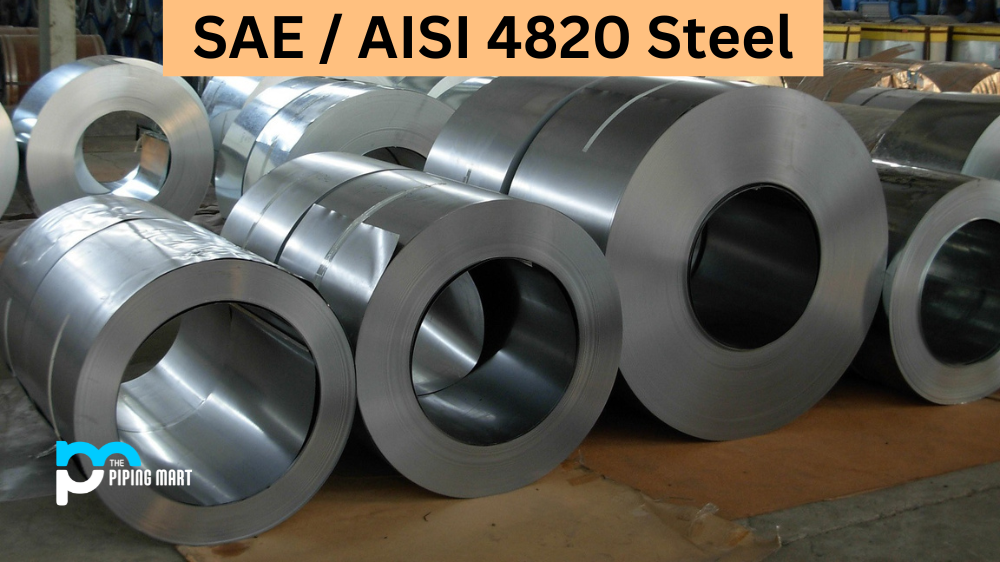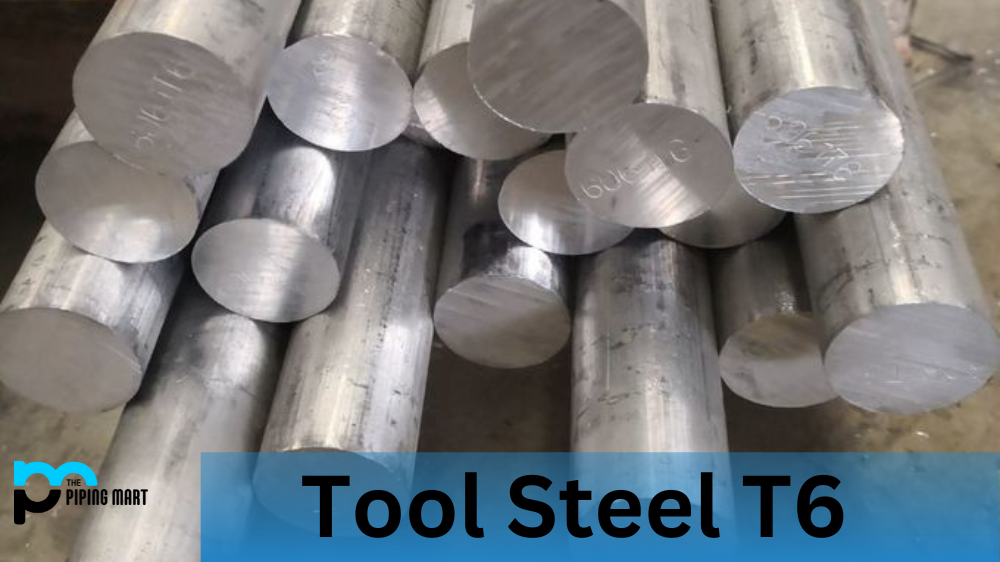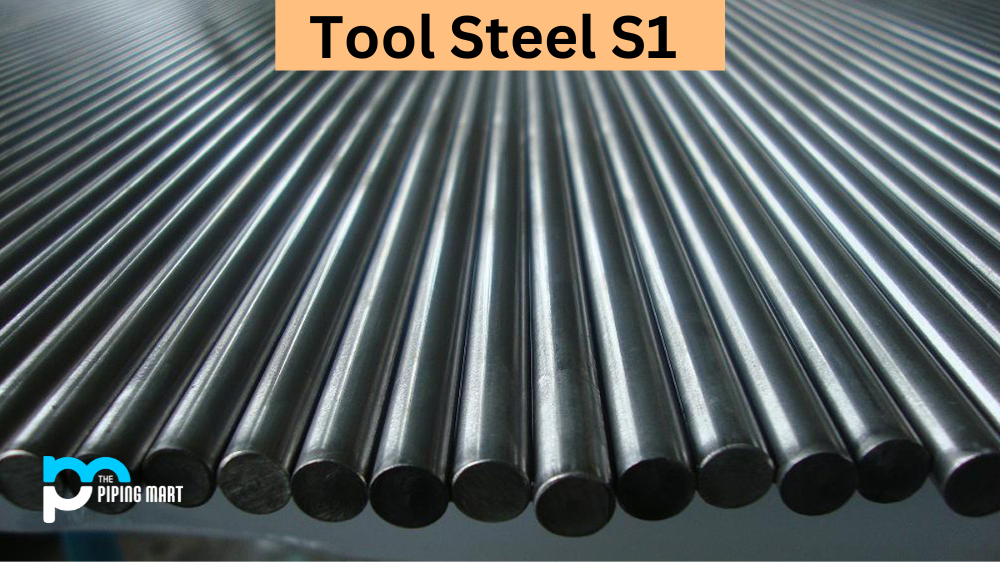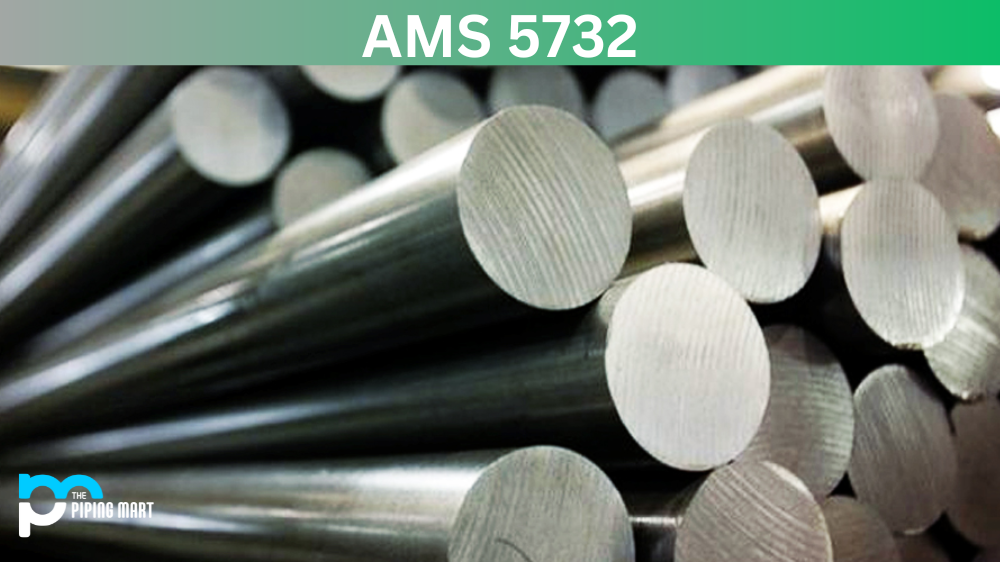AISI 4820 steel is a medium carbon alloy steel that has excellent machinability, weldability, and formability. UNS G48200 is one of the most commonly used grades of steel in the manufacturing industry because it has great strength and versatility. Regarding alloy steel, AISI 4820 – also known as SAE 4820 and UNS G48200 – is a material that stands out. This alloy steel is known for its impressive composition, which includes significant amounts of nickel, chromium, and molybdenum, among other elements. As a result, this steel offers excellent strength and toughness, making it ideal for a range of applications that demand high performance. In addition to its impressive composition, AISI 4820 alloy steel boasts several other noteworthy properties, including good weldability, machinability, and hardenability. Overall, if you’re looking for a reliable and high-performing alloy steel, AISI 4820 is worth considering. Let’s take a closer look at some of the key characteristics of this alloy.
What Forms of AISI 4820 is Available at Piping Mart?
- Nut
- Bar
- Bolt
- Pipe
- Screw
- Tubing
- Valves
- Washers
- Flanges
- Fasteners
- Electrodes
- Stud Bolts
- Sheet Plates
- Pipe Fittings
- Forged Fitting
- Instrumentation Fittings
AISI 4820 Composition
| Element | Content (%) |
|---|---|
| Iron, Fe | 94.645-95.72 |
| Nickel, Ni | 3.25-3.75 |
| Manganese, Mn | 0.500-0.700 |
| Molybdenum, Mo | 0.200-0.300 |
| Carbon, C | 0.180-0.230 |
| Silicon, Si | 0.150-0.300 |
| Sulfur, S | ≤ 0.0400 |
| Phosphorous, P | ≤ 0.0350 |
AISI 4820 Physical Properties
| Properties | Metric | Imperial |
|---|---|---|
| Density | 7.85 g/cm3 | 0.284 lb/in³ |
AISI 4820 Mechanical Properties
| Properties | Metric | Imperial |
|---|---|---|
| Tensile strength | 685 MPa | 99400 psi |
| Yield strength | 460 MPa | 66700 psi |
| Elastic modulus | 190-210 GPa | 27557-30458 ksi |
| Bulk modulus (typical for steel) | 140 GPa | 20300 ksi |
| Shear modulus (typical for steel) | 80 GPa | 11600 ksi |
| Poisson’s ratio | 0.27-0.30 | 0.27-0.30 |
| Izod Impact | 94 J | 69.3 ft.lb |
| Hardness, Brinell | 197 | 197 |
| Hardness, Knoop (converted from Brinell hardness) | 219 | 219 |
| Hardness, Rockwell B (converted from Brinell hardness) | 92 | 92 |
| Hardness, Rockwell C (converted from Brinell hardness, value below normal HRC range, for comparison purposes only) | 13 | 13 |
| Hardness, Vickers (converted from Brinell hardness) | 207 | 207 |
| Machinability (annealed and cold drawn, based on 100 machinability for AISI 1212 steel) | 50 | 50 |
AISI 4820 Thermal Properties
| Properties | Metric | Imperial |
|---|---|---|
| Thermal conductivity | 44.5 W/mK | 309 BTU in/hr.ft².°F |
AISI 4820 Equivalent
| ASTM A29 | ASTM A322 | ASTM A331 | ASTM A519 | ASTM A535 | ASTM A572 |
| SAE J1397 | SAE J404 | SAE J412 | ASTM A505 | SAE J770 | |
AISI 4820 Uses
SAE / AISI 4820 steel can be used in a variety of different applications, including automotive components and parts, industrial equipment, machinery, tools, and other structures. This versatile grade of steel is also suitable for forging operations as well as hot and cold forming operations.
AISI 4820 Uses in Industries
Automotive Industry
One of the most common uses of AISI 4820 is in the automotive industry. This alloy steel is often used to make gears, axles, and other critical vehicle components. Its high strength and wear resistance make it ideal for these applications.
Aerospace Industry
AISI 4820 is also commonly used in the aerospace industry due to its high strength and corrosion resistance. It is often used to make aircraft landing gear components, engine parts, and other critical structures.
Oil and Gas Industry
The oil and gas industry relies on AISI 4820 for its strength and toughness. This alloy steel is commonly used to make drill collars, drill bits, and other equipment that must withstand extreme oil and gas drilling conditions.
Construction Industry
AISI 4820 is frequently used in the construction industry for its high tensile strength and durability. It can be found in various structural components such as beams, columns, and support structures.
Manufacturing Industry
This alloy steel is also widely used in the manufacturing industry for its versatility and ability to be heat treated to achieve different properties. It can be found in various machinery parts, tools, and equipment.
Defense Industry
Due to its high strength and impact resistance, AISI 4820 is often used in the defence industry to make armour plates for military vehicles and protective gear for soldiers. Its toughness makes it an ideal choice for withstanding ballistic impacts.
AISI 4820 Corrosion Resistance
SAE / AISI 4820 steel possesses good corrosion resistance properties. This means it can withstand exposure to water or other corrosive substances for long periods without suffering any degradation or damage. It is also resistant to rusting and oxidation when exposed to environmental conditions such as humidity or saltwater spray.
AISI 4820 Heat Resistance
This grade of steel exhibits good heat resistance properties. It can withstand high temperatures without losing its strength or becoming brittle, like many other grades may do when exposed to high heat. This makes it ideal for use in applications where there are higher temperatures present such as kilns and furnaces.
AISI 4820 Heat Treatment
Heat treatment should be done carefully with this grade of steel to ensure optimal performance levels are maintained over time. Heat treating involves subjecting the material to extreme temperatures for a period of time before cooling it down again slowly over an extended period until it reaches room temperature again. When done correctly, heat treating will help improve the overall performance characteristics of the material, such as strength and durability, while also reducing any warping or distortion caused by heat exposure during fabrication processes such as welding or machining.
AISI 4820 Machining
The unique composition and properties make this grade particularly suitable for machining operations due to its ability to hold tight tolerances while still being readily shaped into complex designs with minimal effort required on the part of the machinist/operator. This makes it an ideal choice for creating precision parts with intricate designs that require accuracy within very small margins from start to finish.
AISI 4820 Welding
Welding with this grade is possible, provided that proper precautions are taken prior to beginning work on any welds that need to be completed on a structure made from SAE/AISI4820 steel. Preheating before welding will prevent cracking from occurring due to thermal expansion stresses caused by rapid heating during welding processes which could otherwise weaken joints if left unchecked. Post-weld heat treatment should also be done after all welds have been completed in order to further enhance joint integrity by allowing irregularities that may have occurred during welding processes time enough to even out before reinforcing them with additional strengthening measures such as post-weld heat treatment.
Conclusion:
In summary, SAE/AISI4820 is an excellent choice for those looking for a strong yet versatile alloy capable of performing under demanding conditions without sacrificing quality or performance levels over time due to corrosion, oxidation, wear, tear, fatigue, etcetera. Its ability to hold tight tolerances while still being readily worked into complex shapes makes it especially well suited for machining operations, while its good corrosion resistance allows it to perform reliably even when exposed directly to water sources like oceanic environments doing perfect choice marine engineering projects. Lastly, its relatively low cost compared to many other alloys makes it an attractive option for those working within constrained budget parameters. All these factors combine make this alloy highly desirable wide range of applications across industries today. To learn more about the advantages offered by SAE/AISI4820, please don’t hesitate to contact us today!

Abhishek is a seasoned blogger and industry expert, sharing his insights and knowledge on various topics. With his research, Abhishek offers valuable insights and tips for professionals and enthusiasts. Follow him for expert advice on the latest trends and developments in the metal industry.




